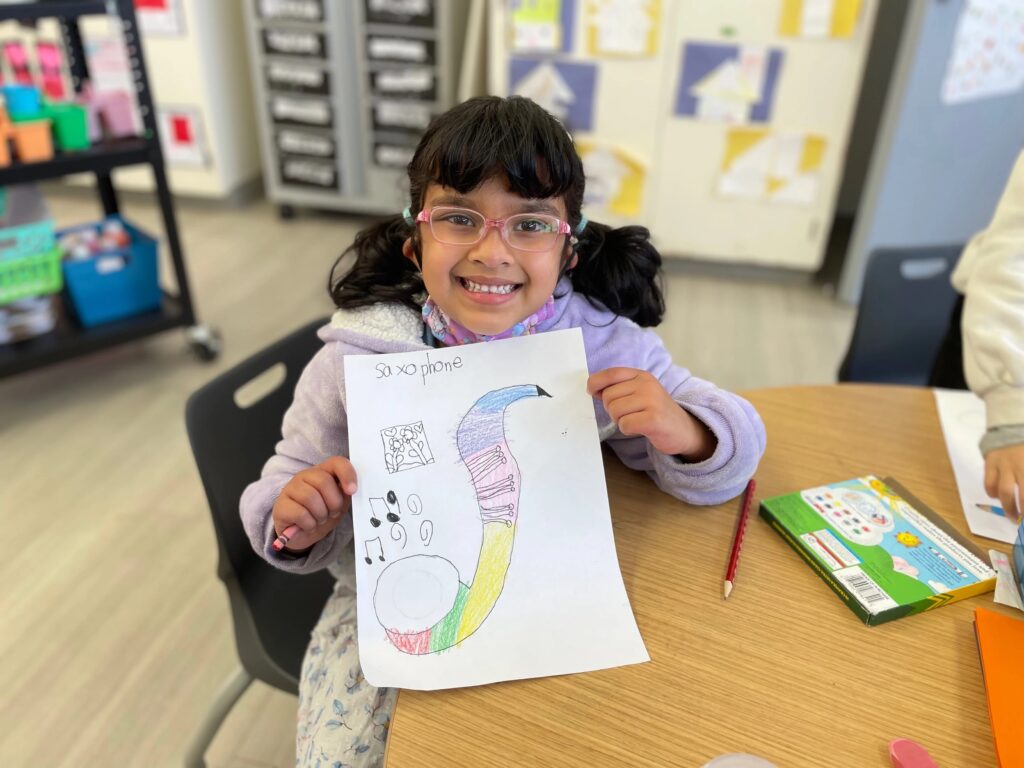At BASIS Independent Bothell, we seek applicants who have an interest in learning at an international level, a desire to make a contribution, a willingness to work hard, and an ambition to join a collaborative, supportive, and joyful community of peers, Learning Expert Teachers, and Subject Expert Teachers. Be ready to participate in a culture where academics are encouraged, learning is celebrated, and students have fun! In order to both ensure student success and manage the popularity of our program, admissions is a selective process.
What is the Virtual Family Meeting?
The Virtual Family Meeting is an essential part of the admissions process at BASIS Independent Bothell and is part of our final admissions decision. This 20-30 minute meeting is the school’s opportunity to learn more about your child and your family’s interest in our school.
While we are happy to answer questions about our program, the Virtual Family Meeting is not intended to be the first time families learn about our offerings. Prior to the Virtual Family Meeting, we strongly encourage families to visit our website and blog, attend an Admissions Event, or speak with a member of the Admissions Team.
When are the meetings held?
Virtual Family Meetings are held Monday – Friday from 3:00 PM to 5:00 PM every 30 minutes.
Who is required to attend the Virtual Family Meeting?
At least one parent or guardian is required to attend. Students applying for Kindergarten – Grade 1 are not required to attend. Students applying to Grades 2 – 9 are required to attend.
If your child is required to attend the Virtual Family Meeting and does not, you will be asked to reschedule.
What if we are applying for more than one student?
Only register for one Virtual Family Meeting, and bring both students, if required to attend, to the same meeting.
When does the meeting have to take place?
Families must first apply before scheduling their Virtual Family Meeting. The Virtual Family Meeting must be completed before receiving an admissions decision.
How do we register for a Virtual Family Meeting?
Once you have submitted your application, you will be prompted to schedule your Virtual Family Meeting.
If you’re not ready to choose a date and time when you apply, you can always log back in at a later date and choose one that is convenient.
How long is the Virtual Family Meeting?
Virtual Family Meetings are generally 20-30 minutes long. Oftentimes, those hosting the Virtual Family Meeting will have back-to-back appointments and will be unable to go over the 30-minute mark.
Who will we be meeting with?
Our Virtual Family Meetings are hosted by members of the Admissions Team, members of our Administration, and even some of our Subject Expert Teachers! You never know who will be hosting, but you’ll always get to speak with a member of the Bothell community.
What questions will we be asked?
The meeting is our chance to get to know you and your child more in a one-on-one setting. We may ask you questions about why you’re interested in our program, your child’s academic and non-academic interests, and even what they like to do with their free time.
We discourage any formal interview prep, as it tends to make students more nervous when we are just trying to get to know them. We want all students to feel comfortable and be themselves.
How will the Virtual Family Meeting be held?
You will receive a reminder email 24 hours before your meeting time with a Zoom link to your virtual meeting. When your meeting time arrives, please log in to your meeting via Zoom.
Can we ask questions at the end?
If there is time, yes! But always note who you are speaking to. Whoever hosts your meeting will always introduce themselves and let you know their role at the school. If their role is not in relation to your question, they will let you know, and encourage you to reach out to the Admissions Team for an answer.
We look forward to meeting you and your student(s) soon at your Virtual Family Meeting!
If you have any questions, email us at bothell.admissions@basisindependent.com.













